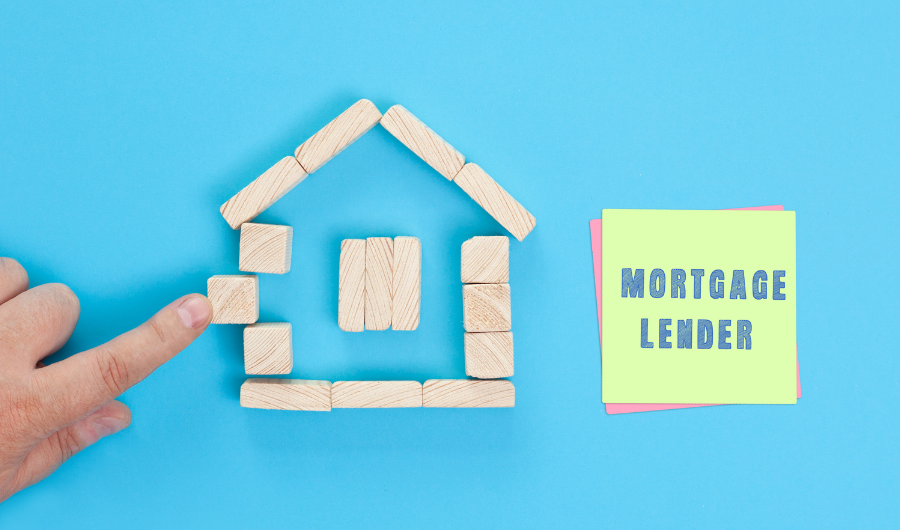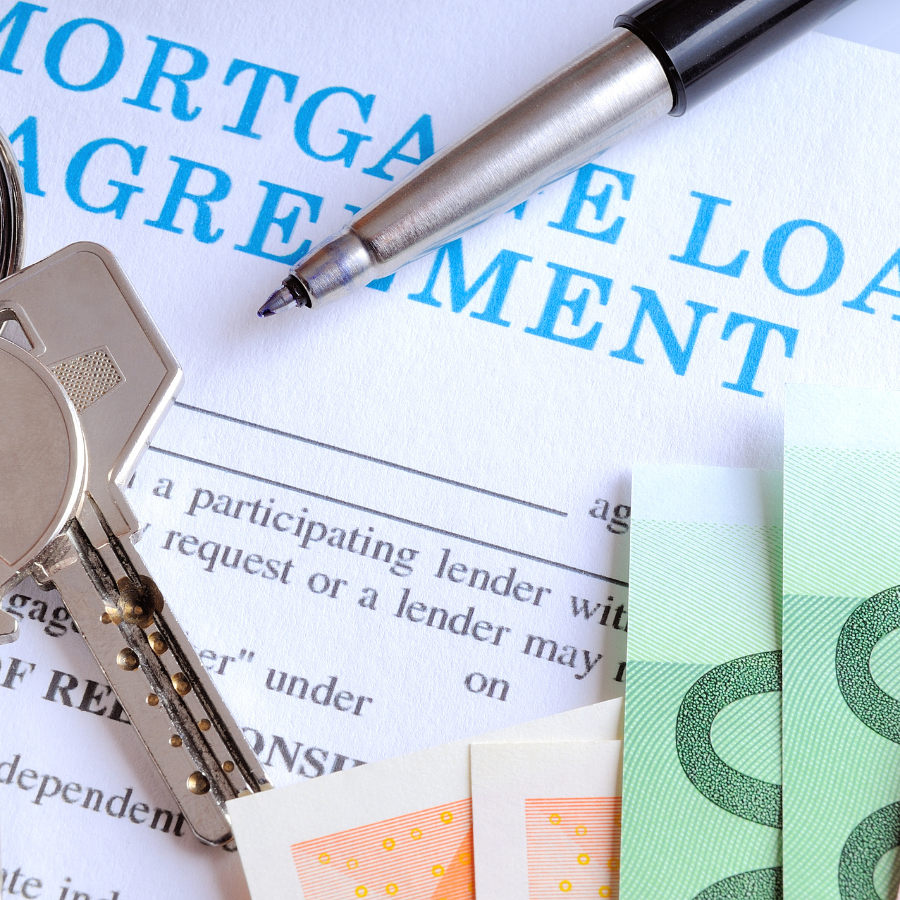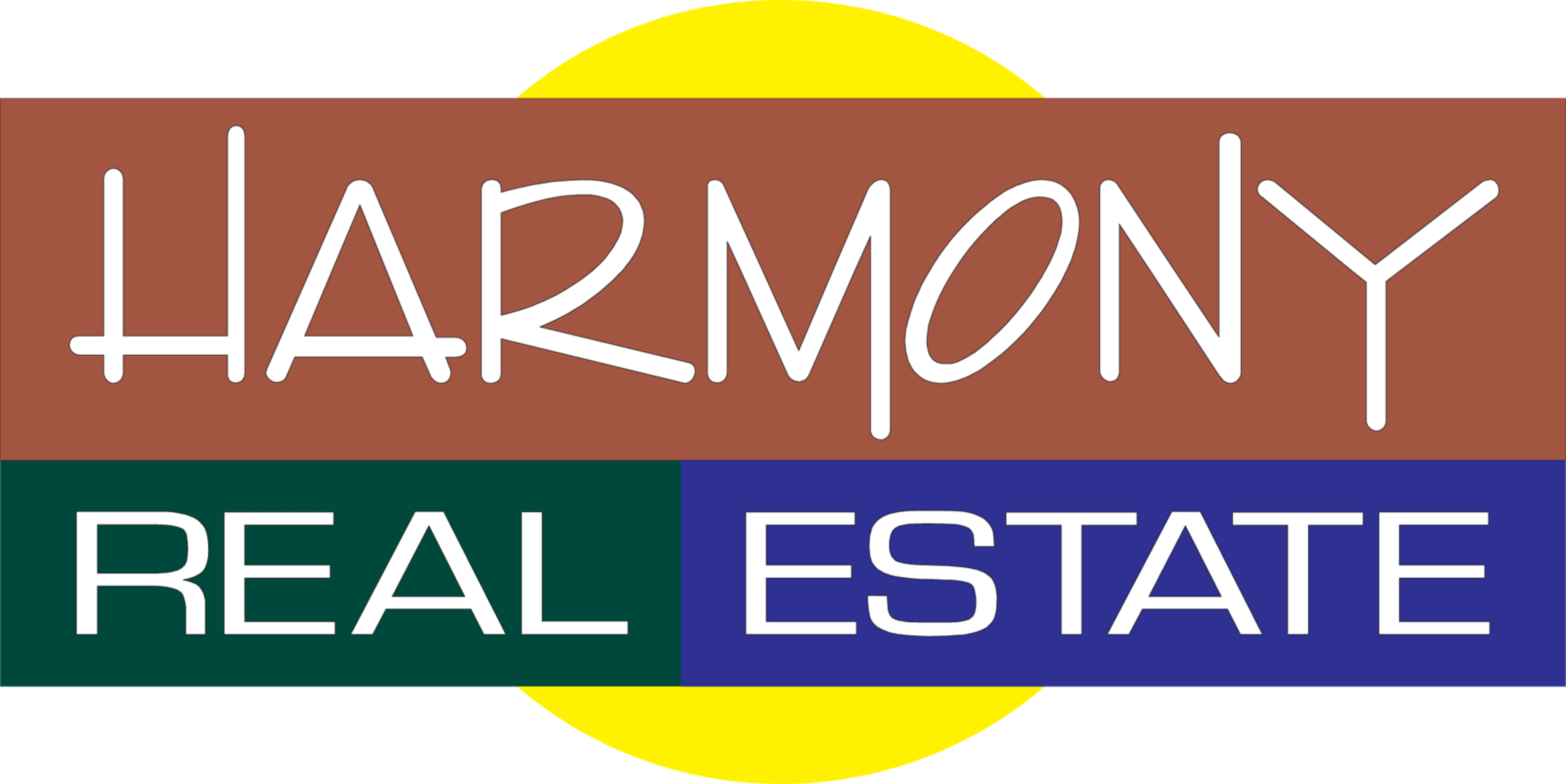Understanding Mortgage Rates: How to Secure the Best Deal for Your Dream Home

If you’re thinking about buying a home or refinancing your current one, you've probably heard a lot about mortgage rates. These numbers can make or break your home-buying experience. Understanding mortgage rates is crucial for anyone navigating the real estate market, especially in Southern New Hampshire, where prices and trends can shift quickly.
In this blog, we’ll break down current mortgage rate trends, explain what influences these rates, and discuss how they impact buyers and sellers alike. Whether you’re actively looking at Litchfield houses for sale or just starting to explore your options, this guide will give you the knowledge you need to make smart real estate decisions.
1. What Are Mortgage Rates?
Let’s start with the basics. A mortgage rate is the interest you pay on the money you borrow to purchase a home. This rate is a percentage of the loan amount and can either be fixed (staying the same for the life of the loan) or variable (changing periodically).
Types of mortgage rates:
Fixed-Rate Mortgages (FRM): You lock in the interest rate for the entire loan term, making your monthly payments predictable.
Adjustable-Rate Mortgages (ARM): The rate is fixed for an initial period and then adjusts periodically based on market conditions.
While mortgage rates might seem like just a small number, they have a huge impact on the total cost of your loan. A lower mortgage rate can save you thousands of dollars over the life of your mortgage.
2. Current Mortgage Rate Trends in 2024
The housing market has seen significant shifts in mortgage rates over the past few years. To understand mortgage rates, it's important to look at the current economic climate and how it influences these numbers.
As of 2024, mortgage rates have been fluctuating. After a period of historically low rates, the market has begun to see more typical levels. Rates are slowly increasing due to a variety of factors like inflation and the actions of the Federal Reserve.
Recent trends in mortgage rates:
In early 2020, mortgage rates hit record lows, which fueled a housing boom.
By 2023, rates began to climb as the economy stabilized and inflationary pressures increased.
As of 2024, rates are still higher than the pandemic lows, but they remain competitive.
If you’re currently eyeing Litchfield houses for sale, understanding these trends is key. A slightly higher mortgage rate can affect how much house you can afford and influence your buying timeline.

3. Factors That Influence Mortgage Rates
So, what exactly causes mortgage rates to go up or down? Several factors are at play, both at a national and global level. Let’s explore the most common influences on mortgage rates:
1. The Federal Reserve
The Federal Reserve doesn’t directly set mortgage rates, but it does influence them by setting the federal funds rate. When the Fed raises or lowers this rate, it affects the overall cost of borrowing money, including mortgages. In response to inflation, the Federal Reserve has been raising rates, which is why mortgage rates have also increased.
2. Inflation
Inflation is one of the biggest drivers of mortgage rates. When inflation is high, mortgage rates tend to rise. Lenders want to ensure that the money they lend will be worth the same amount in the future, even if the dollar’s purchasing power decreases. High inflation equals higher interest rates.
3. Economic Growth
A strong economy often leads to higher mortgage rates because more people are working and earning money. This can lead to more demand for homes, pushing rates up. Conversely, during an economic downturn, rates might decrease to encourage more borrowing and spending.
4. Housing Market Conditions
Supply and demand in the housing market also impact mortgage rates. If there are lots of buyers and not enough houses (like in many parts of Southern New Hampshire), rates might climb to balance demand. If housing demand slows down, rates may fall.
When you’re thinking about purchasing one of the Litchfield houses for sale, these factors can influence when and how you lock in your mortgage rate.

4. How Mortgage Rates Impact Buyers
Mortgage rates play a huge role in the home-buying process. They determine how much you’ll pay for your loan over time, which in turn affects the overall price of your home.
Effects of higher mortgage rates on buyers:
Higher Monthly Payments: A higher interest rate means your monthly mortgage payment will be more. This can make a significant difference in what you can afford.
Increased Long-Term Costs: Even a small percentage increase in your mortgage rate can result in paying tens of thousands of dollars more over the life of the loan.
Reduced Buying Power: Higher rates may force buyers to look for less expensive homes, reducing their options in competitive markets.
For example, if you’re browsing Litchfield houses for sale and rates are higher than expected, you might need to reconsider your budget. Higher rates mean higher payments, so the home you had your eye on may now be out of reach.
Effects of lower mortgage rates on buyers:
Lower Monthly Payments: The lower the rate, the more affordable your monthly payment. This frees up room in your budget for other expenses.
More Buying Power: When rates are low, buyers can afford to borrow more, meaning they can consider homes that are priced slightly higher.
That’s why so many buyers try to lock in their mortgage rates when they’re at a low point. Timing can be everything when it comes to securing an affordable mortgage.
5. How Mortgage Rates Impact Sellers
It’s not just buyers who are affected by mortgage rates—sellers are impacted too. When mortgage rates rise, the pool of potential buyers may shrink because fewer people can afford to buy homes.
Impacts on sellers when rates are high:
Fewer Buyers: When rates are high, some buyers may delay their search, waiting for rates to drop again. This can result in fewer offers on your home.
Price Adjustments: Sellers may have to lower their asking price to attract buyers who are wary of high rates.
Longer Time on the Market: High mortgage rates can cause homes to sit on the market for longer as buyers wait for better conditions.
Impacts on sellers when rates are low:
More Demand: Lower rates often bring more buyers into the market, leading to more competition and potentially multiple offers on your home.
Higher Selling Prices: With more buyers competing for homes, sellers can often command higher prices, maximizing their profits.
Faster Sales: Homes tend to sell faster when mortgage rates are low because buyers are eager to lock in a great deal.
If you’re thinking about selling your home, paying attention to mortgage rate trends can help you time your sale for maximum benefit.
6. Should You Buy or Wait?
With mortgage rates fluctuating, many buyers wonder whether they should move forward with their home search or wait for rates to drop. The answer depends on your personal situation and how long you’re planning to stay in your new home.
When to buy despite higher rates:
If you find the perfect home, waiting for lower rates might not be worth it. Mortgage rates can be unpredictable, and there’s no guarantee they’ll go down.
Even if rates are higher now, you can always refinance your mortgage later if rates drop. Many buyers choose this route to get the home they want now and lower their payments later.
Keep in mind that home prices may continue to rise, even if rates drop. Waiting could result in paying more for the house itself, negating the benefits of a lower rate.
When it might make sense to wait:
If rates are unusually high and you’re not in a rush to buy, it may make sense to wait and see if rates stabilize or drop.
If you’re concerned about making higher monthly payments, waiting for a lower rate could help make your mortgage more manageable in the long term.
For buyers checking out Litchfield houses for sale, the decision to buy or wait comes down to a balance between the current market conditions and your financial goals.

7. Tips for Getting the Best Mortgage Rate
No matter what the current mortgage rate trends are, there are steps you can take to secure the best possible rate for your situation. Here are a few tips:
1. Improve Your Credit Score
A higher credit score often leads to better mortgage rates. Paying down debts and ensuring your credit report is error-free can help improve your score.
2. Shop Around
Different lenders offer different rates. Don’t settle for the first offer you get—shop around to compare rates and terms from multiple lenders.
3. Consider a Larger Down Payment
A larger down payment can reduce the amount you need to borrow, which might qualify you for a better rate. It also shows lenders that you’re a lower-risk borrower.
4. Lock in Your Rate
Once you find a mortgage rate you’re happy with, you can lock it in. This guarantees that you’ll get that rate even if the market shifts before your closing date.
Understanding Mortgage Rates
Mortgage rates are one of the most important factors to consider when buying or selling a home. They influence how much you’ll pay for your home over time, and understanding them can help you make smarter decisions. Whether you’re looking at Litchfield houses for sale or planning to refinance your existing mortgage, staying informed about current trends and knowing how to get the best rate can save you money in the long run.
Real estate markets are always changing, and mortgage rates will continue to fluctuate. By understanding the trends and factors that influence these rates, you’ll be better equipped to navigate the market confidently and make decisions that align with your financial goals.
If you need more tips on understanding mortgage rates or are ready to start your dream home search give us a call at (603) 883-8840. You can also reach out to Our Agents for more information. We’d love to help you with your real estate needs.
